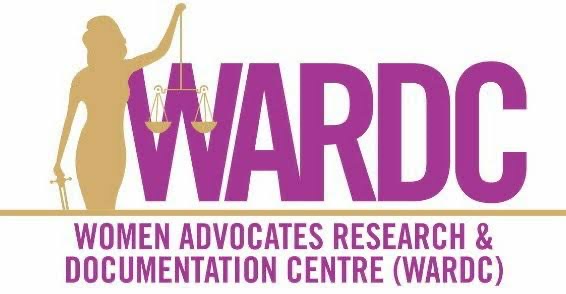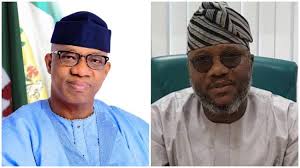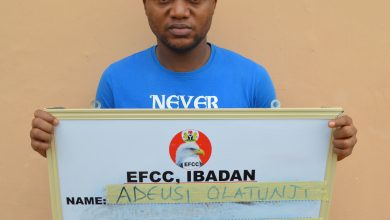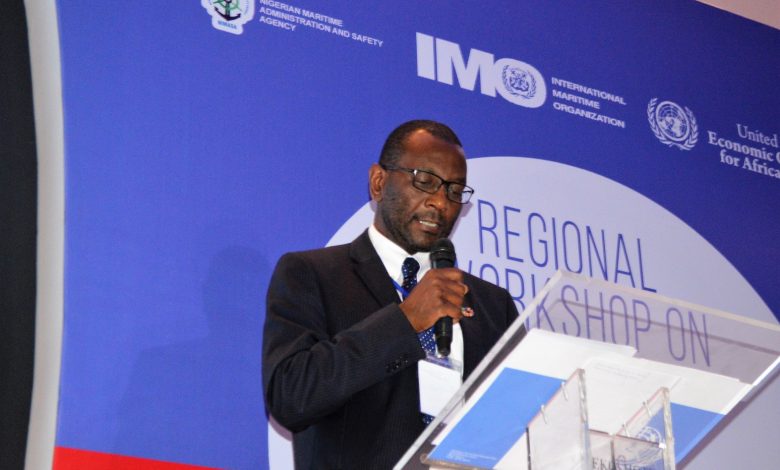
MARITIME: UNITED NATIONS TASK AFRICAN NATIONS ON AGENDA 2030 FOR SUSTAINABLE DEVELOPMENT
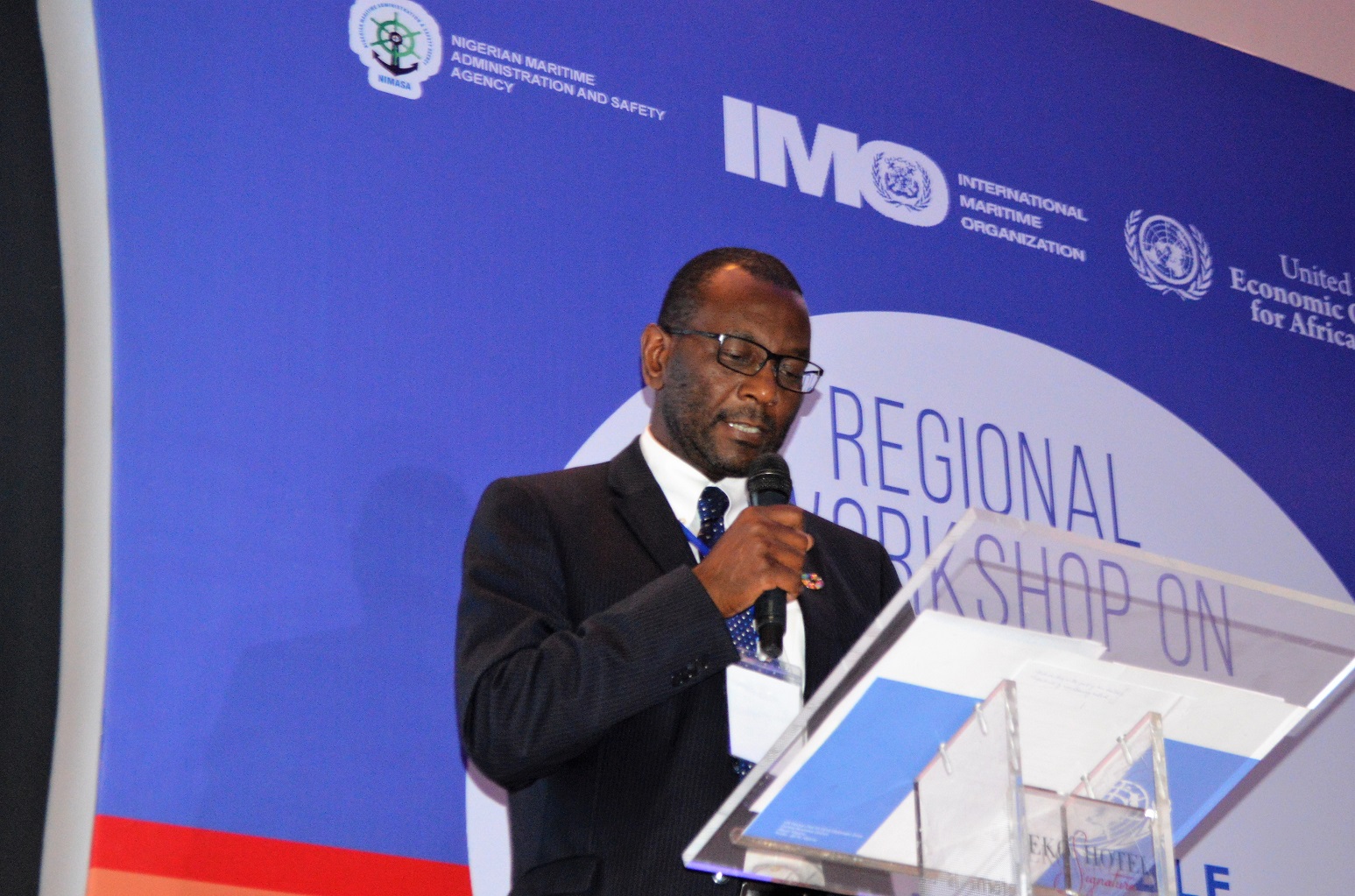
The workshop was organised by International Maritime Organisation, in collaboration with Nigerian Maritime Administration and Safety Agency (NIMASA); and the United Nations Economic Commission for Africa (UNECA).
The Minister of Transportation, Rt.Hon. Rotimi Amaechi, while declaring the workshop urged the government ministries, departments and agencies in the maritime sector to work collaboratively, with the United Nations Resident Coordinators and the United Nations Country Teams at the conceptual stage to ensure that the maritime sector and in particular, the relevant national technical assistance needs, are reflected in their respective United Nations (UN) Cooperation Frameworks.
The Minister, who was represented by the Director General/Chief Executive Officer of Nigeria Maritime And Safety Agency (NIMASA), Dr Dakuku Peterside, also underscored the importance of the maritime sector to international trade and Nigeria economies, noting that over 90% of world trade was conducted by sea.
“African Continent forges ahead with phase II negotiations for the creation of the African Continental Free Trade Area (AFCFTA), the maritime sector remains critical to seamless trade and effective economic integration between African Nations,” he explained.
“Our approach towards the realization of the Sustainable Development Goals is contingent on our joint effort and ability to put in place the much needed cooperation framework in collaboration with critical stakeholders using the maritime sector as a veritable tool to promote agricultural development, food security, industrialization and economic transformation of our nations, the region and entire continent.” he said.
Penpushing further reports that, the Regional Director, Regional Office for Africa, United Nations Development Coordination Office, Mr Munyaradzi Chenje, in his remarks stressed that efforts of the United Nations development system to collaborate on needs-based tailored country presence, should be built on the United Nations.
The Regional Director said , this should be facilitated by the Resident Coordinator to ensure the best configuration of support on the ground, as well as enhanced coordination, transparency, efficiency and impact of United Nations development activities, in accordance with national development policies, plans, priorities and needs.
The United Nations (UN) Resident and Humanitarian Coordinator in Nigeria, Mr Edward Kallon, while speaking on “Experience in the development and implementation of the Cooperation Framework in Nigeria – A Case Study”, acknowledged that the United Nations(UN) was making incremental gains in the development and humanitarian support to Nigeria.
“This is exemplified by our support to the localization and implementation of the SDGs at federal and state level; provision of technical, policy and advisory services to strengthen governance and national institutions; support to the 2019 elections and addressing migration through development and youth employment.” he explained.
Penpushing also reports that the workshop was attended by participants from Government Agencies and Departments in the Maritime sector from over fifteen countries in West and Central African regions.



